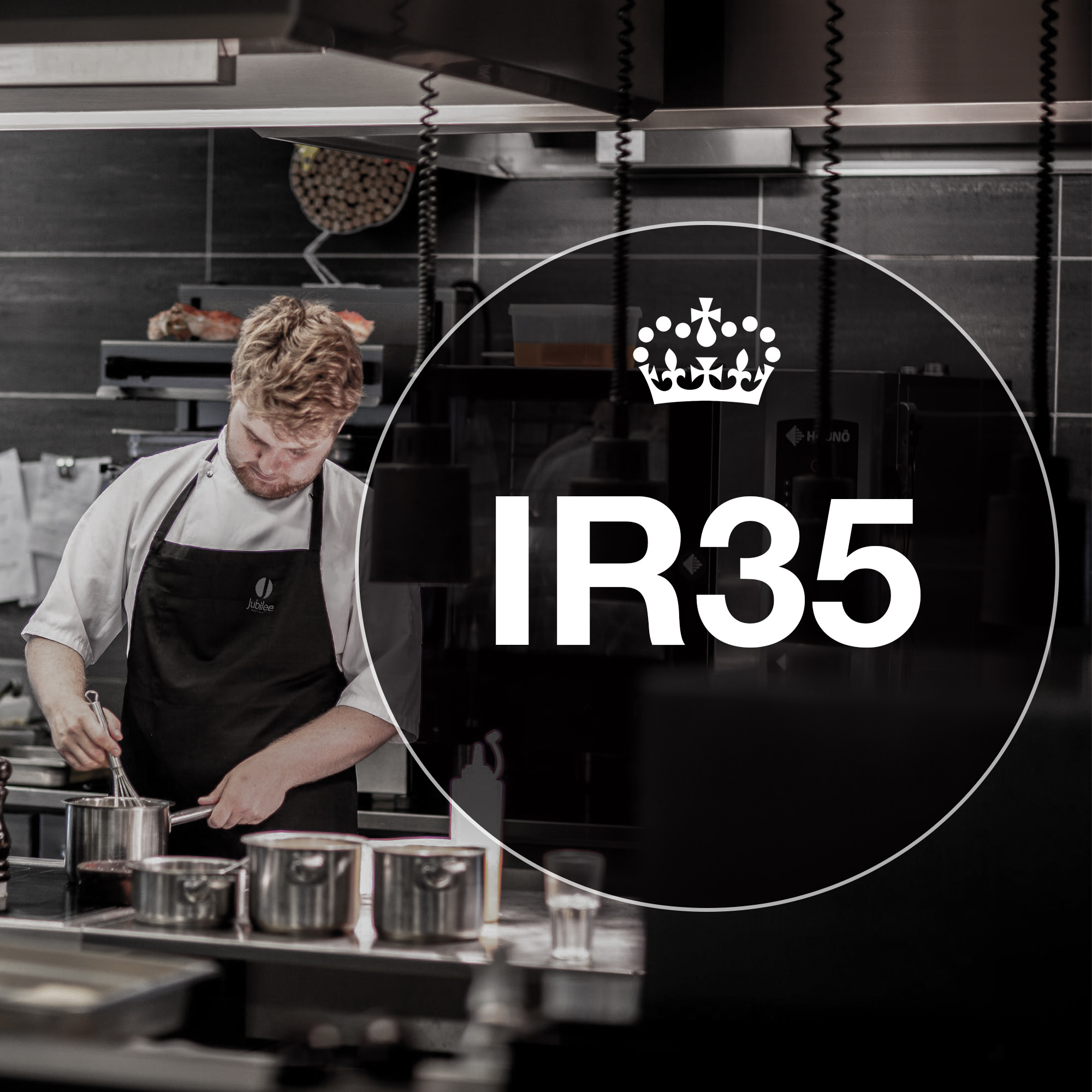
You may have heard of this, you may not have, but the new IR35 Legislation and its rules, apply from April 6th 2021, and it is very important that both individuals accepting work and contracts, as well as companies hiring any external workers, be familiar with these changes immediately
The main stipulations are twofold and will revolve around:
1: Do you fall inside the IR35 regulations, working as an employed person
2: Do you fall outside the IR35 regulations, working as a self-employed person
These new regulations are very subjective especially when you have to consider the type of work which you are employed for, or conversely, in what capacity your company will be hiring these external workers. This leaves your own, specific categorisation, in a somewhat grey area.
Here is what we know so far, and the criteria under which both companies and individuals will need to adhere to, based on where each falls.
Many companies and accounting firms have laid out some form of guidance. www.which.co.uk ask 3 questions:
1: Who has control over how the work is completed?
• If the work hours are dictated by the company doing the hiring, then then worker may fall within the new IR35 regulations.
• If the hiring company dictate the locations where work will be conducted, then then worker may also fall within the new IR35 regulations.
2: Are there shared or mutual obligation within the work?
• Is the company doing the hiring obliged to provide more work once the initial contracted work is complete? Of so then then worker may fall within the new IR35 regulations.
3: Do you, the worker, have to personally complete all the work?
• If so then the worker may fall outside of the IR35 but this obligation needs to be clearly stated in the contract.
Jubilee Hospitality highly recommends that all workers ensure they run all these facts by the employer doing the hiring, as ultimately it is for them to decide the outcome.
www.simplybusiness.co.uk a leading property insurance company have similarly advised:
The upcoming IR35 changes mean that:
• Medium-sized and large businesses will be responsible for working out the contractor’s employment status, not the contractor.
• Contractors should be given the reasons behind the decision in a SDS and can dispute the decision if they disagree with it.
• Small businesses are exempt from the changes – Contractors are still be responsible for working out the employment status.
www.which.co.uk have also posted figures stating the number of companies that could be affected, and fall under, these new regulations:
• 170,000 individuals supplying services that could fall under IR35.
• 60,000 medium and large private sector organizations whom hire private suppliers.
• 20,000 Recruitment agencies doing the same via there agency.
If you are a Candidate (self employed worker either under your own company or solo), www.bdo.co.uk have recommended:
Each worker must make his or her own ‘assessment’ and determine if the work they are engaging in, could be classed as an employed role under the Governments new rules, ahead of cross-checking that with the Employer / Company doing the hiring.
This Criteria includes:
• Will they be acting under a manger?
• Would the role be a ‘sit-down’ within their offices as of they were a regular employee of that company?
If so, then the SDS (Status Determination Statement) falls under the responsibility of employer / hirer. Essentially the worker will be classified as an employee and the company hiring them will handle their PAYE and NI Contributions.
If you are a Client (The hiring company or employer), then there are a few things to note here.
The Government www.gov.uk advises that the company hiring the individual, worker or self employed person, will need to determine the SDS, and the outcome will be either ‘Yes’ they are classed as an employee in which case you will need to handle and integrate PAYE and NI into the contract with them. Or ‘No’ they are still working as self employed, in which case proceed as normal.
So the distinction needs to be clearly determined, wether the individual will be working as an employee or as a self employed person. This is mainly for tax purposes, and the company will be required to include a 13.8% NI contribution.
Should the individual choose to appeal the SDS decision made by your company, they can do so and any changes arising from this appeal (if any), will need to be implemented no more than 45 days after the initial appeal.
Small Businesses (SME’s) may be fully exempt, but will require you to check your business and the contract type, against the regulations set out by the Government. These can be checked at www.gov.uk.
Here at Jubilee Hospitality, as with the recruitment sector as a whole, we have, upon our own legal advice, decided that all workers whom we refer for work, and contract via our company, will fall inside the IR35 regulations from April 6th 2021.